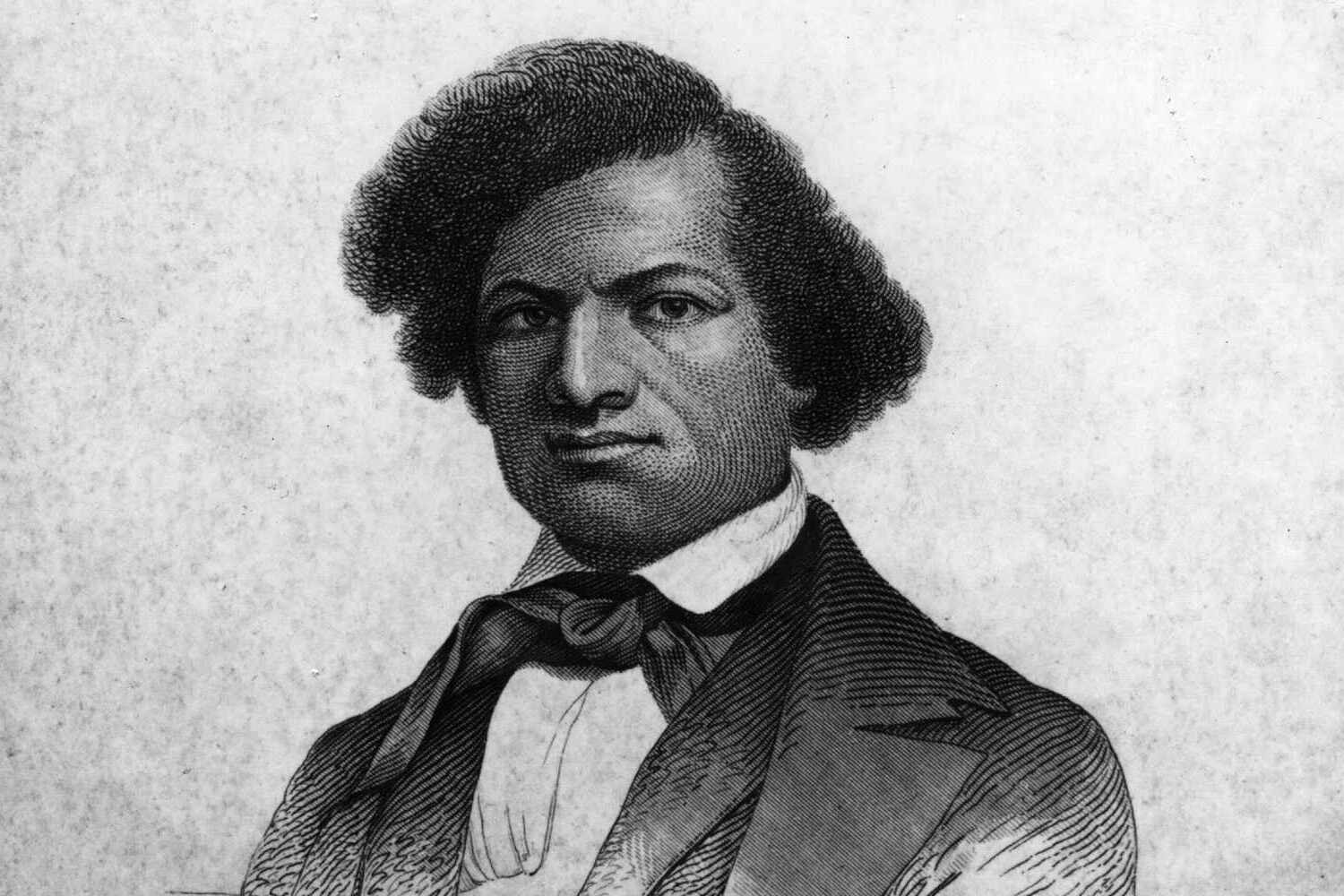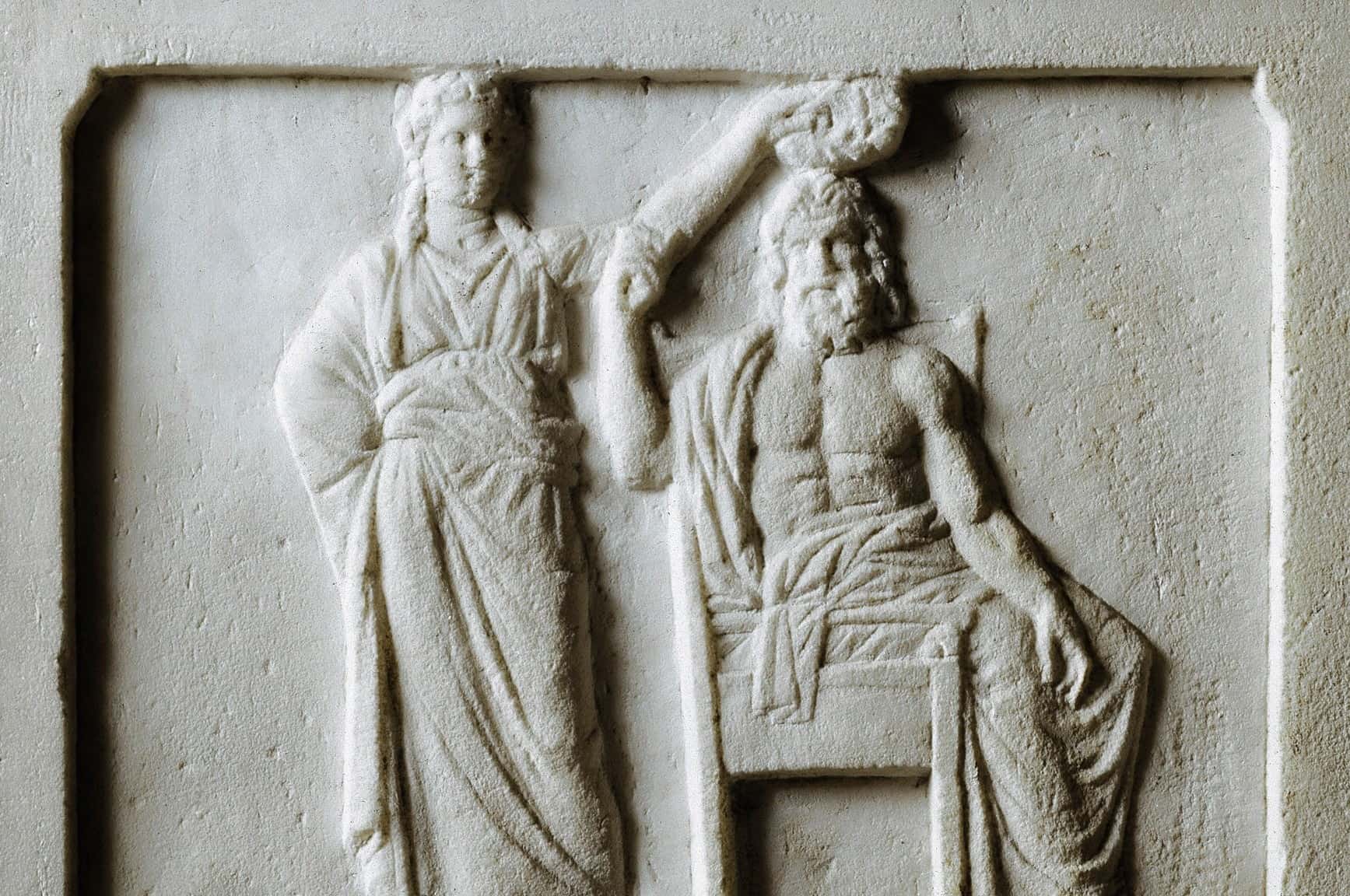
Abolitionists played a crucial role in ending slavery, fighting tirelessly for freedom and equality. Ever wondered who these brave individuals were and what motivated them? Abolitionist facts reveal the stories of people who risked everything to challenge the status quo. From Harriet Tubman’s daring rescues to Frederick Douglass’s powerful speeches, these heroes left an indelible mark on history. Their efforts not only helped to abolish slavery but also laid the groundwork for civil rights movements. Understanding their struggles and triumphs can inspire us to continue advocating for justice today. Ready to dive into the world of abolitionists? Let’s uncover 19 fascinating facts about these courageous fighters for freedom.
Who Were the Abolitionists?
Abolitionists were individuals who fought to end slavery. They believed in equality and human rights. Their efforts played a crucial role in shaping modern society.
- Abolitionists included people from various backgrounds, such as former slaves, religious leaders, and politicians.
- Frederick Douglass, a former slave, became a leading voice in the abolitionist movement through his powerful speeches and writings.
- Harriet Tubman helped hundreds of slaves escape to freedom via the Underground Railroad.
- William Lloyd Garrison published "The Liberator," an anti-slavery newspaper that spread abolitionist ideas.
- Sojourner Truth, another former slave, became famous for her speeches advocating for both abolition and women's rights.
Key Events in the Abolitionist Movement
Several significant events marked the abolitionist movement. These events helped to raise awareness and push for change.
- The American Anti-Slavery Society was founded in 1833 to promote the cause of abolition.
- The publication of "Uncle Tom's Cabin" by Harriet Beecher Stowe in 1852 stirred public opinion against slavery.
- The Dred Scott Decision of 1857 ruled that African Americans could not be citizens, which outraged abolitionists and fueled their efforts.
- John Brown's Raid on Harpers Ferry in 1859 aimed to start a slave rebellion, though it ultimately failed, it intensified the national debate over slavery.
- The Emancipation Proclamation issued by President Abraham Lincoln in 1863 declared all slaves in Confederate states to be free.
Abolitionist Tactics and Strategies
Abolitionists used various methods to fight against slavery. Their strategies were diverse and aimed at different aspects of society.
- Pamphlets and Newspapers were widely used to spread anti-slavery messages and educate the public.
- Public Speeches and Debates were held to persuade people to join the abolitionist cause.
- Petitions and Lobbying efforts targeted lawmakers to pass anti-slavery legislation.
- Boycotts of Goods produced by slave labor were organized to economically pressure slaveholders.
- Legal Challenges were made to fight slavery through the court system.
Impact of the Abolitionist Movement
The abolitionist movement had a lasting impact on society. It not only ended slavery but also paved the way for future civil rights movements.
- The 13th Amendment to the U.S. Constitution, ratified in 1865, officially abolished slavery.
- The Civil Rights Movement of the 1960s drew inspiration from abolitionist efforts and continued the fight for equality.
- Modern Human Rights Movements often cite abolitionists as early pioneers in the struggle for justice and equality.
- Educational Reforms were influenced by abolitionists who advocated for equal access to education for all races.
The Legacy of Abolitionists
Abolitionists left a lasting impact on history. Their tireless efforts helped end slavery and paved the way for civil rights movements. Figures like Frederick Douglass, Harriet Tubman, and William Lloyd Garrison showed immense courage and determination. They risked their lives to fight for freedom and justice.
Their work didn't just stop with the abolition of slavery. It inspired future generations to continue the fight for equality. The abolitionist movement taught us the power of collective action and the importance of standing up against injustice.
Today, we remember these brave individuals and their contributions. Their legacy reminds us that change is possible, even in the face of great adversity. By learning from their stories, we can continue to strive for a more just and equitable world. Let's honor their memory by carrying forward their mission of equality and justice for all.
Was this page helpful?
Our commitment to delivering trustworthy and engaging content is at the heart of what we do. Each fact on our site is contributed by real users like you, bringing a wealth of diverse insights and information. To ensure the highest standards of accuracy and reliability, our dedicated editors meticulously review each submission. This process guarantees that the facts we share are not only fascinating but also credible. Trust in our commitment to quality and authenticity as you explore and learn with us.


